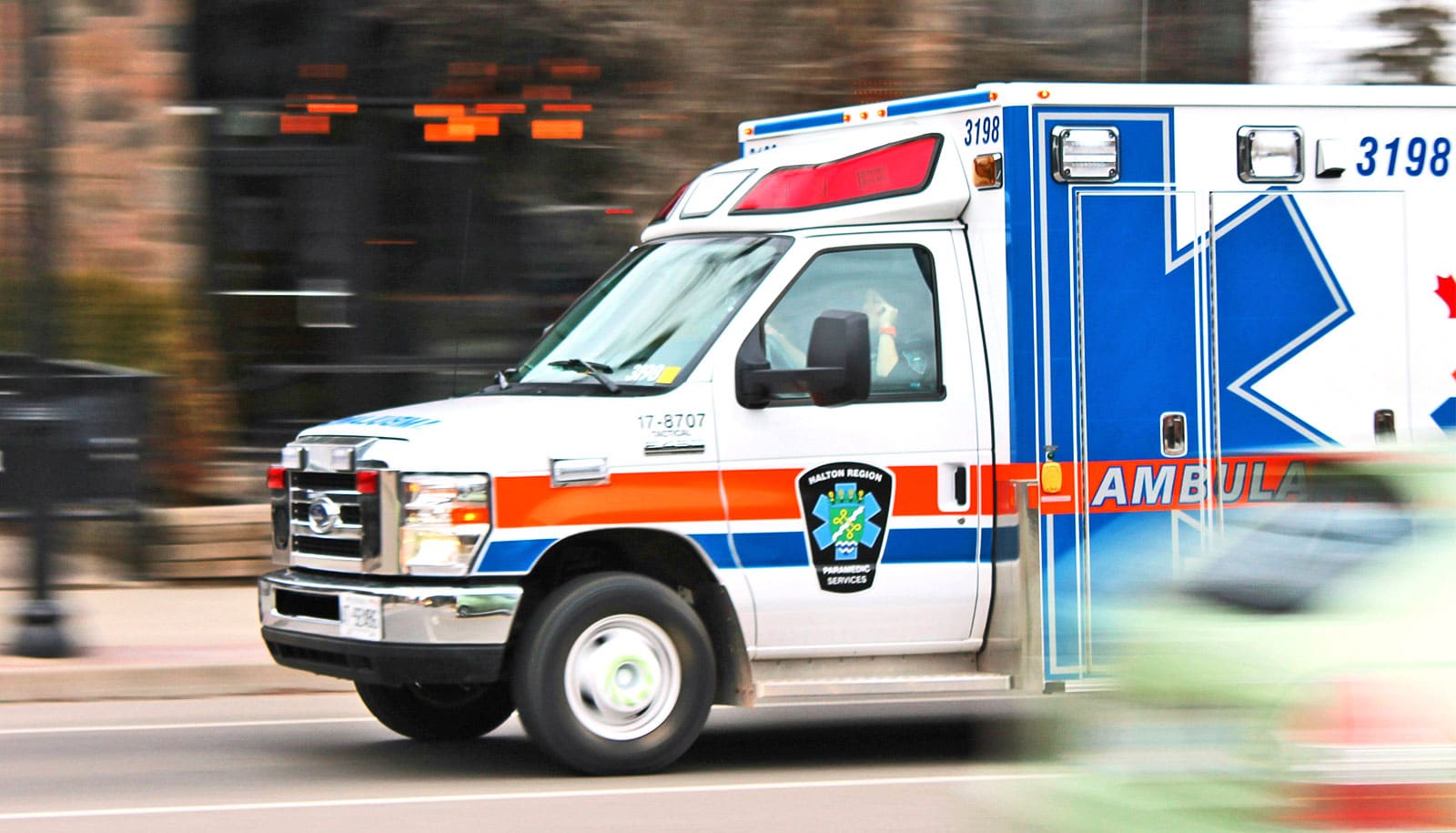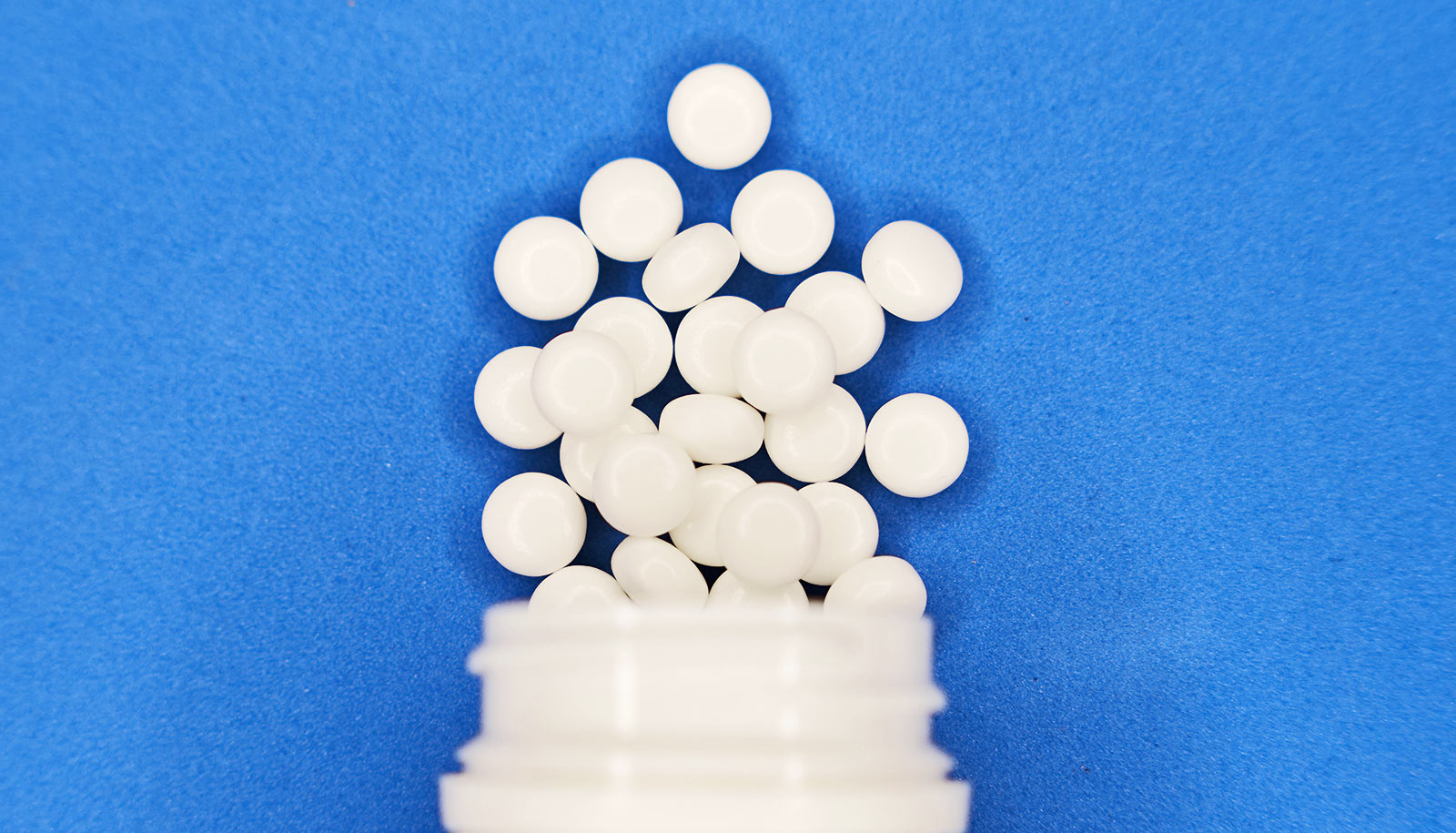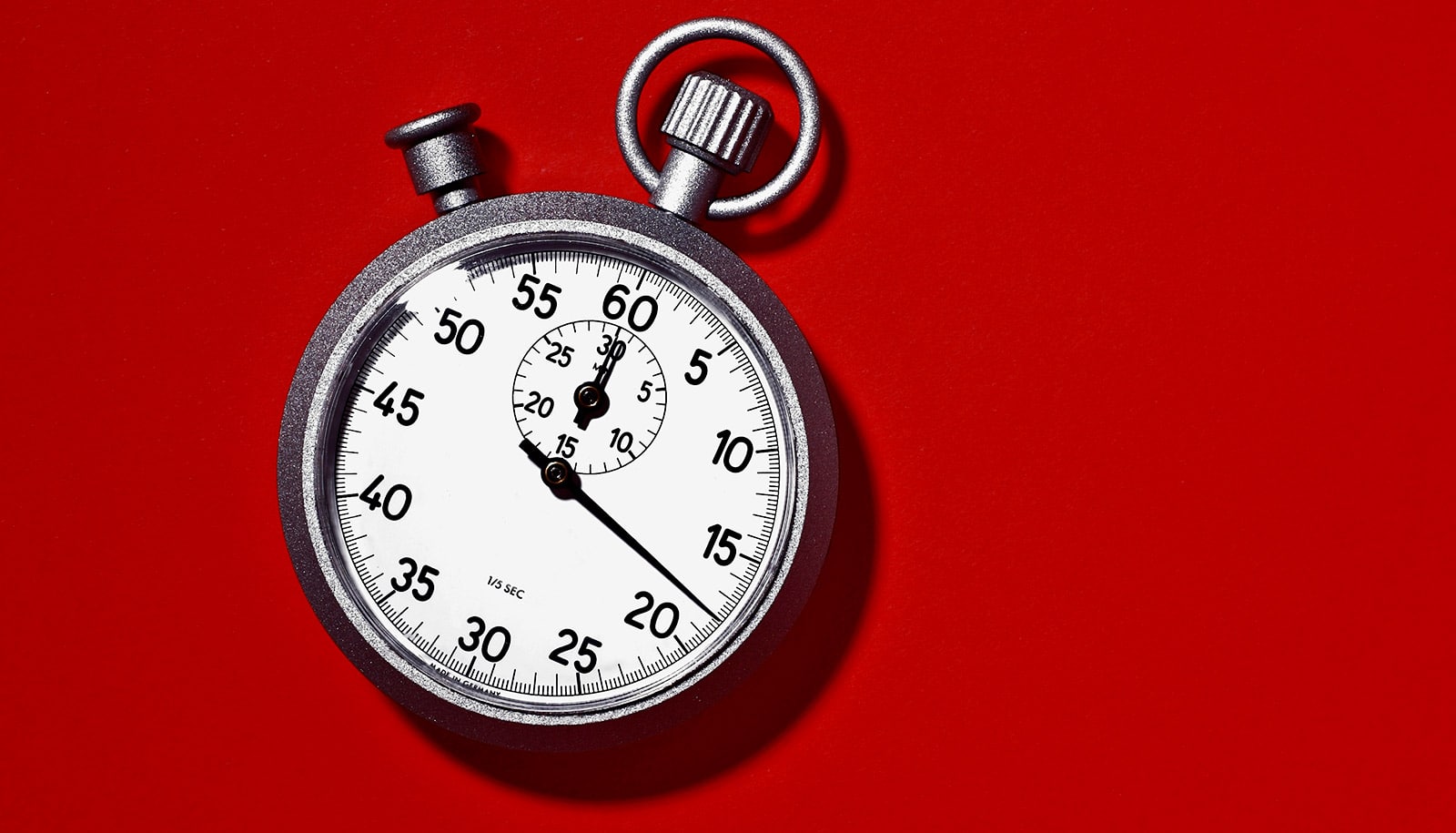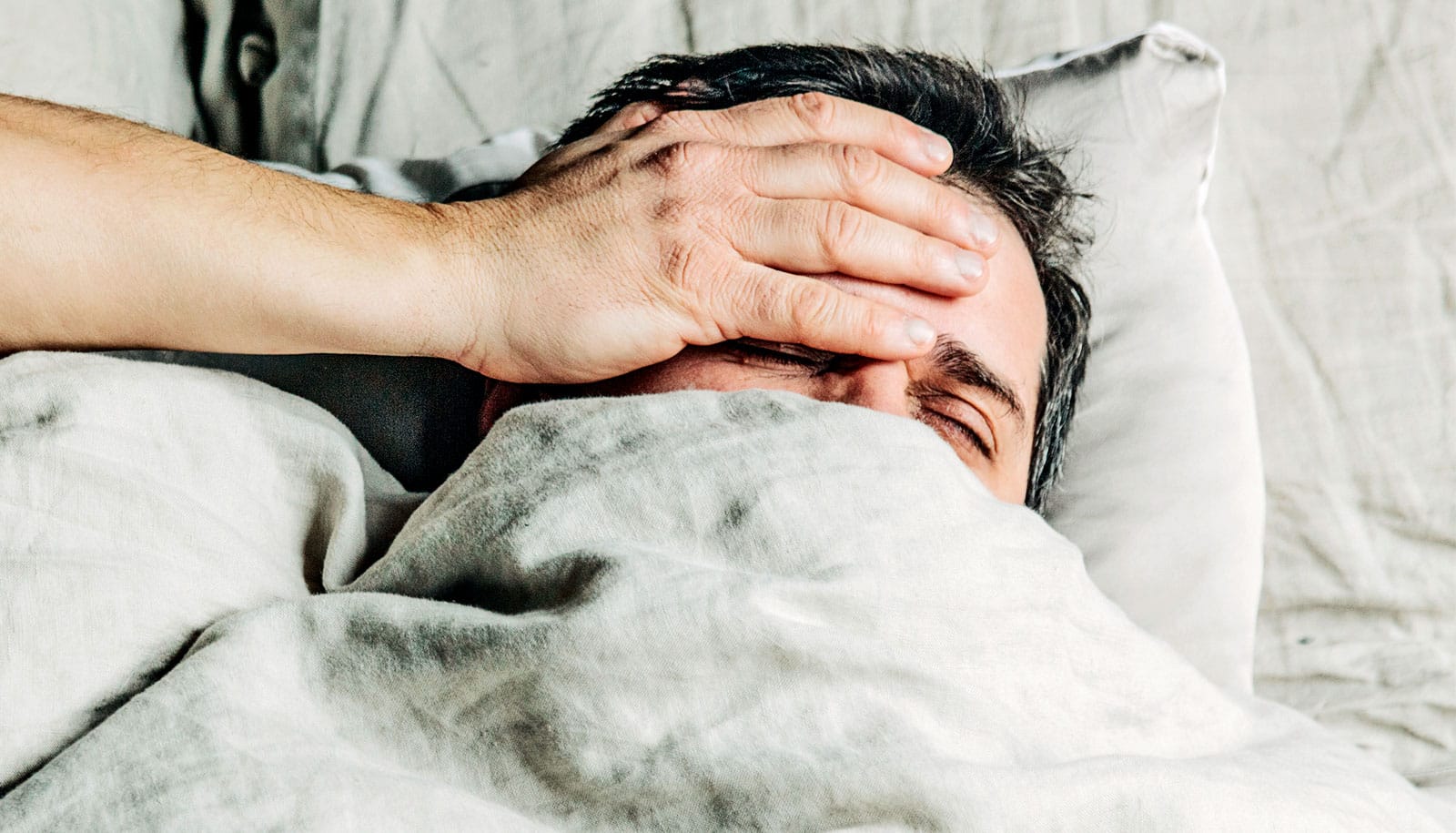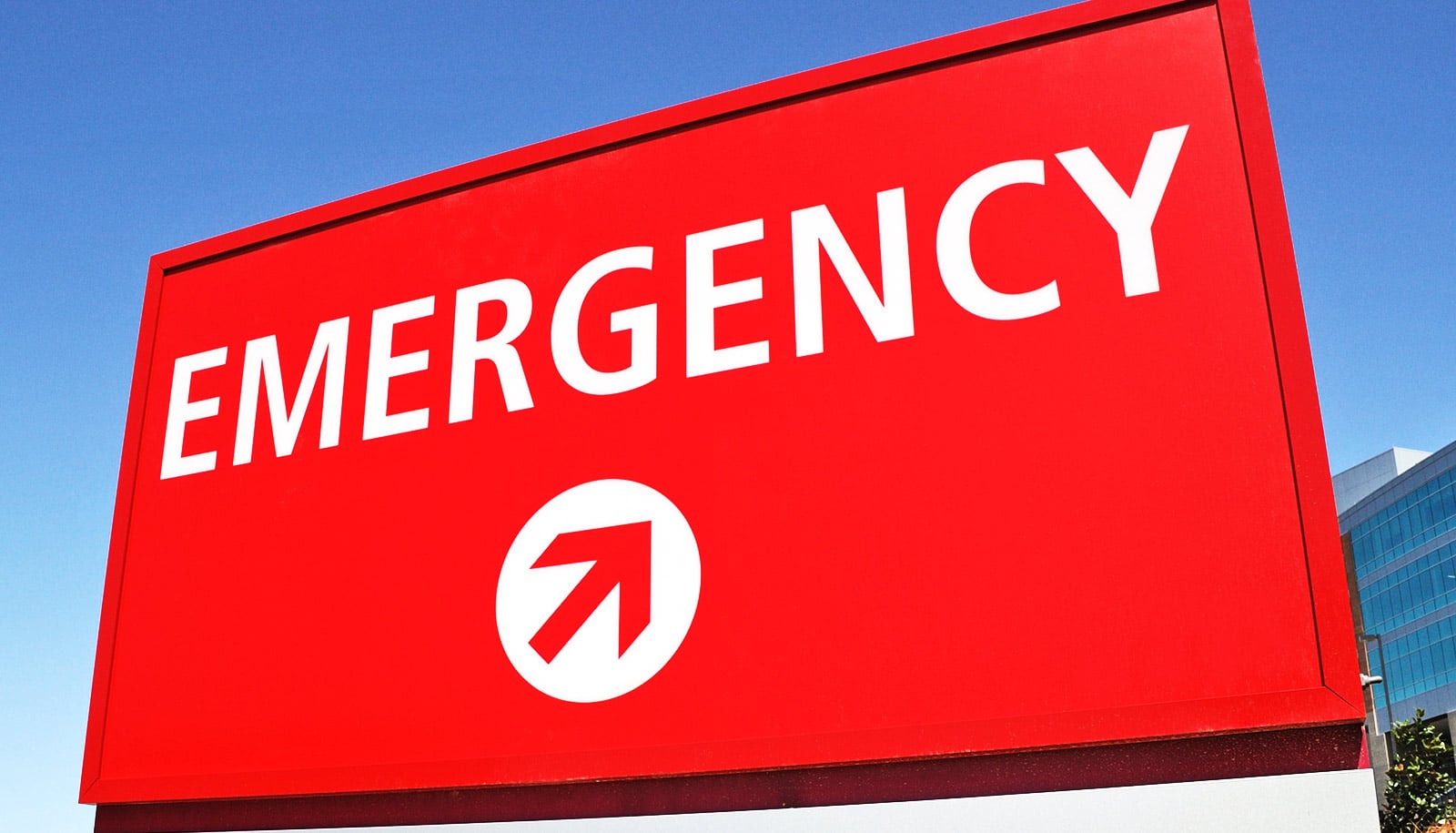Cambridge research receives £5 million boost for ‘world-leading’ cardiovascular research
The University of Cambridge has received £5 million funding from the British Heart Foundation (BHF) to support its world-class cardiovascular disease research
Cambridge University News •
cambridge
May 28, 2024 • ~5 min
May 28, 2024 • ~5 min
/
11


